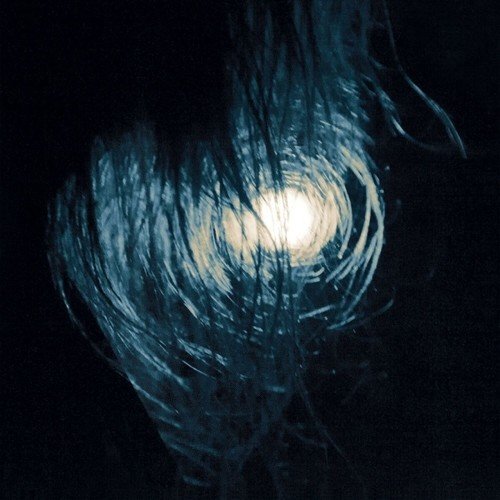
Oranssi Pazuzu
Värähtelijä
Release Date: Feb 26, 2016
Genre(s): Experimental, Pop/Rock, Heavy Metal, Doom Metal, Black Metal, Scandinavian Metal, Symphonic Black Metal
Record label: Svart
Music Critic Score
How the Music Critic Score works
Buy Värähtelijä from Amazon
Album Review: Värähtelijä by Oranssi Pazuzu
Excellent, Based on 4 Critics
Based on rating 8/10
Finland's Oranssi Pazuzu are a metal band in their own category. Since the appearance of Muukalainen Puhuu in 2009, they have brought a kitchen-sink approach to their music, and have somehow honed all that expansiveness -- from black metal to psych, from Krautrock to prog, from 1970s hard rock to post-industrial noise, from post-rock to ambient music and folk -- into an identifiable sound. This band's experimentation goes deep and wide on every recording.
Based on rating 8/10
If the laws of the physical universe as we currently understand them (and well, Alien’s oft-quoted tagline) are right — that in space no one can hear you scream — then how do you account for the existence of the kosmische-metal mutilations of Oranssi Pazuzu? Since their 2007 inception, the Finnish quintet has existed as a bitter riposte to the vacuum-like qualities of the outer atmosphere. Each subsequent release functions as another life-affirming burst of contorted interstellar overdrive. Their compositions are disembodied voices in the darkness, exploding more like Hawkwind’s proggy nebulas than the actual nebulousness of the shrieking noise that they’re usually lumped in alongside.
Based on rating 7.9/10
Four albums into their career, the Finnish quintet Oranssi Pazuzu may have at last sidestepped the confines of the tag "black metal." During the last decade, the adventurous band has explored the astral infinity of extreme psychedelia and the grim oblivion of extreme metal. As the name Oranssi Pazuzu (essentially "orange demon") suggests, the band’s sound was often an even split, with the two pieces of their musical personality meant to fit like complementary puzzle pieces. Even so, they were often referred to as a metal band, albeit one with some extracurricular interests, Värähtelijä, a 69-minute escapist escapade, should finally, fundamentally correct that misperception.
Opinion: Excellent
Black metal's gradual assimilation into common parlance, or more importantly into the ear holes of young bearded, Colombian coffee sipping urban Americans, has muddied the conversation a bit. The branches of the black metal tree have darted off in a massive array of directions since its origins in the darker recesses of Europe's great decade for metal: the 1980s where one upmanship morphed singing into growls and tore guitar solos into serrated demonic shredding. Somewhat infamously, US bands like Brooklyn's Liturgy and San Francisco's Deafheaven have stretched and mutated the genre to fit a millennial heritage where emotionally charged post-rock and soppier strands of symphonic rock wield as much relevance as Venom or Iron Maiden.
'Värähtelijä'
is available now

